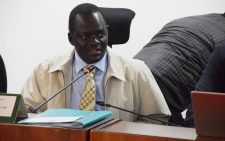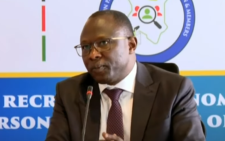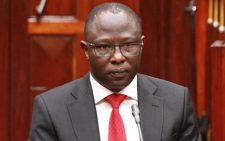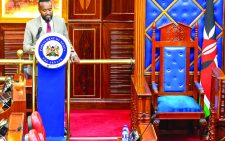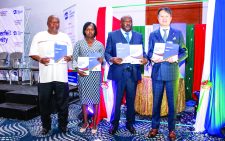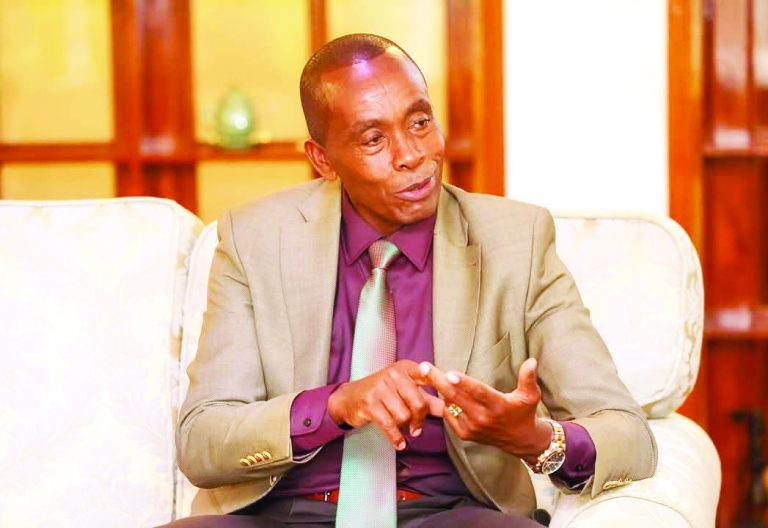Court rules IEBC demands on voter transfer unlawful
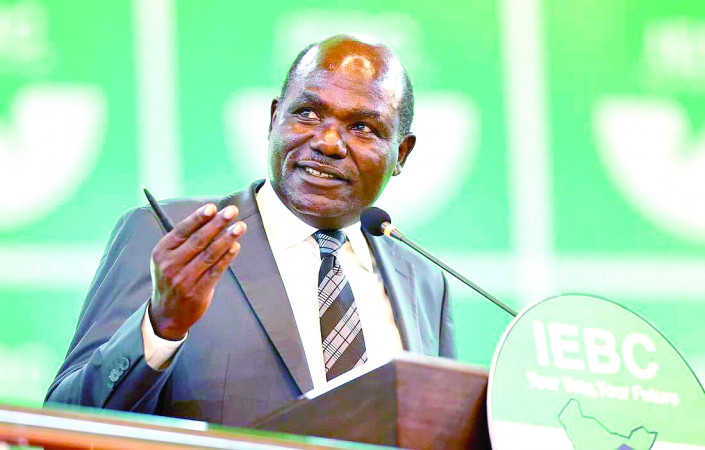
A regulation developed by the Independent Electoral and Boundaries Commission (IEBC) to limit voter transfers by demanding letters from village chiefs and filing of a formal request is unconstitutional, the High Court ruled yesterday.
Justice Anthony Mrima quashed Regulation 13C of the Elections (Voter Registration of Voters) Regulations 2017 saying the same is in violation of Article 38 of the Constitution to the extent it curtails a voter’s right to freely make political choices and to transfer registration, hence illegal and unconstitutional.
“The regulation is not reasonable and justifiable in an open and democratic society based on human dignity, equality and freedom. It is inescapable that the regulation has the effect of constricting the right to register as a voter rather than creating an enabling environment for the greater realisation of the right,” said Justice Mrima.
It had required a voter intending to transfer his/her registration from one polling station to another to present evidence of proof of being a resident of the new area for the last six months prior to the application for transfer.
The rule also required the voter to furnish evidence of utility bills, tenancy agreements or leases and letters from the area chief.
Public participation
In his judgement, Justice Mrima also quashed the regulation for want of public participation since the IEBC did not carry out public engagement in coming up with the regulation.
No evidence was tendered by IEBC to show that it undertook public participation despite the regulation being “so germane that it went into the root of the political rights of citizens”.
“Given the effect of the disputed regulation on the general public, it was incumbent upon the IEBC to undertake a robust public engagement, a duty which IEBC failed to discharge,” the judge said.
His decision followed a petition filed by five voters who sued the electoral commission after they were unable to transfer their voter registration during the mass voter registration conducted between October 4, 2021 and November 4, 2021 ahead of August polls.
The five voters namly Charles Makokha Sumba, Abdifatah Ali Maalim, Wilson Shikoti, Edward Mwangi and Halima Njeri Abdi had contended their desire was blocked by the strict requirements contained in the quashed regulation.
“Upon approaching the IEBC’s Constituency Offices and presenting our respective requests, we were asked to comply with Regulation 13C of the Elections (Voter Registration of Voters) Regulations, “ they informed the court.
The provision called them to formally apply for the transfer in ‘Form C’ and present evidence of proof of being residents for the last six months prior to the application for transfer.
They were additionally required to furnish evidence of utility bills, tenancy agreements or leases and letters from the area chiefs. It was their case that in view of their informal settlement status, availing such information was impossible.
Further, they asserted that the requirement to obtain letters from local administration confirming their residence and adduce utility bills or tenancy agreements was unachievable for people of their calibre.
Utility bills
The court further heard they had no utility bills or lease agreements since some lived with their guardians or used alternative sources of energy and that lease agreements were unknown in informal settlements.
As a result of failure to meet the requirements associated with the disputed regulation, IEBC declined to transfer their registration, hence, the filing of the Petition in court.
They avered that the “regulation unreasonably disenfranchised them and other eligible voters in the mass registration, hence, unconstitutional”.
The voters attributed their need to transfer their voter registration to include change in various circumstances of life including job opportunities.
They said to the effect of the regulation was essentially that persons living in informal settlements cannot transfer their votes.
For its part, IEBC said the objective of the rule was to forestall any massive transfer of voter registrations closer to an election. Through lawyer Chrispine Owiye said that proof of residency of six months prior to the application was not only unreasonable but also necessary for the protection of the rights of the ordinary residents of the electoral area in question.
